 W
WThe migration waves of Byzantine scholars and émigrés in the period following the Crusader sacking of Constantinople in 1204 and the end of the Byzantine Empire in 1453, is considered by many scholars key to the revival of Greek and Roman studies that led to the development of the Renaissance humanism and science. These émigrés brought to Western Europe the relatively well-preserved remnants and accumulated knowledge of their own (Greek) civilization, which had mostly not survived the Early Middle Ages in the West. According to the Encyclopædia Britannica: "Many modern scholars also agree that the exodus of Greeks to Italy as a result of this event marked the end of the Middle Ages and the beginning of the Renaissance".
 W
WRosemary Julia Barrow was an art historian who specialised in classical themes in Victorian art and the painting of Lawrence Alma-Tadema in particular, whose reputation she attempted to restore.
 W
WKate Cooper is a Professor of History and Head of the History Department at Royal Holloway, University of London, a role to which she was appointed in September 2017. She was previously Professor of Ancient History and Head of the Department of Classics and Ancient History at the University of Manchester, where she taught from 1995.
 W
WCynthia Ellen Murray Damon is a Professor of Classical Studies at the University of Pennsylvania and has written extensively on Latin literature and Roman historiography, having published translations and commentaries on authors such as Caesar and Tacitus.
 W
WSusan Deacy is a classical scholar who has been Professor of Classics at the University of Roehampton since January 2018. She researches the history and literature of the ancient Greek world, with a particular focus on gender and sexuality, ancient Greek mythology and religion, and disability studies. She is also an expert on the teaching of subjects which are potentially sensitive, including sexual violence, domestic violence, and infanticide; she was project leader on the initiative 'Teaching Sensitive Subjects in the Classics Classroom'. She is also series editor of Routledge's Gods and Heroes of the Ancient World, and has been editor of the Bulletin of the Council of University Classical Departments since 2011.
 W
WWilliam J. Dominik is an American-Australian scholar of Classical Studies. He is presently Integrated Researcher of Classical Studies and Research Fellow at the University of Lisbon and Professor Emeritus of Classics at the University of Otago.
 W
WAzra Erhat was a Turkish author, archaeologist, academician, classical philologist, and translator. A pioneer of Turkish Humanism, Azra Erhat is especially well known for her published works, including many translations into Turkish from the classical literature of Ancient Greece.
 W
WJames Monroe Gregory was a Professor of Latin and Dean at Howard University. During the American Civil War, he worked in Cleveland for the education and aid of escaped slaves. He initially attended Oberlin University. He transferred to Howard and was the valedictorian of Howard's first graduating class in 1872. He then became a member of faculty, where he served until the late 1880s. During that time he was active in civil rights, particularly related to the education of African American children. He fought to desegregate Washington D.C. schools in the early 1880s and participated in the Colored Conventions Movement and was a delegate to the 1892 Republican National Convention. In 1890 he founded the American Association of Educators of Colored Youth. In 1893 he published a biography of Frederick Douglass. In 1897 he was removed at Howard and moved to New Jersey where he became principal of Bordentown Industrial and Manual Training School.
 W
WJacquetta Hawkes was an English archaeologist and writer.
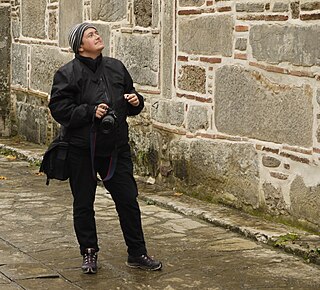 W
WLiz James is a British art historian who studies the art of the Byzantine Empire. She is Professor of the History of Art at the University of Sussex.
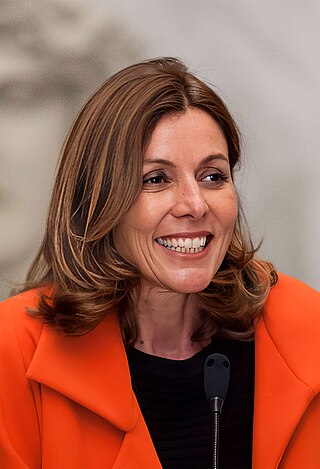 W
WBarbara Jatta is an Italian art historian who has been the director of the Vatican Museums since June 2016.
 W
WSarah Iles Johnston is an American academic working at The Ohio State University. She is primarily known for her contribution to Classics, and in particular her research into Ancient Greek beliefs about what happened after death and how the dead and the living could interact, magic, divination and myths. Especially in her later work, she includes comparisons between ancient Greek ideas and practices and those of other cultures, both Mediterranean and non-Mediterranean.
 W
WWinifred Lamb was a British archaeologist, art historian, and museum curator who specialised in Greek, Roman, and Anatolian cultures and artefacts. The bulk of her career was spent as the honorary keeper (curator) of Greek antiquities at the University of Cambridge's Fitzwilliam Museum from 1920 to 1958, and the Fitzwilliam Museum states that she was a "generous benefactor ... raising the profile of the collections through groundbreaking research, acquisitions and publications."
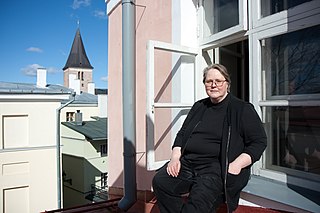 W
WMarju Lepajõe was an Estonian classical philologist, translator and religious historian.
 W
WJudith Mossman is Pro-Vice Chancellor for Arts and Humanities and Professor of Classics at Coventry University. She is the President of the Society for the Promotion of Hellenic Studies.
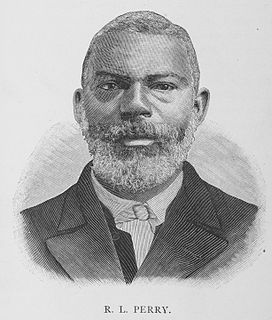 W
WRufus L. Perry was an educator, journalist, and Baptist minister from Brooklyn, New York. He was a prominent member of the African Civilization Society and was a co-founder of the Howard Colored Orphan Asylum, which developed from it. He was the editor of numerous newspapers and journals, most notably the National Monitor. He was a prominent Baptist, and in 1886 he founded the Messiah Baptist Church, where he was pastor until his death. He was also a classical scholar.
 W
WSitta von Reden is a German ancient historian and Professor of Ancient History at the Albert-Ludwigs-Universität, Freiburg. She is particularly known for her research on ancient economics, and the social and cultural history of the Graeco-Roman world.
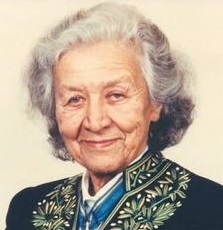 W
WJacqueline Worms de Romilly was a Franco-Greek philologist, classical scholar and fiction writer. She was the first woman nominated to the Collège de France, and in 1988, the second woman to enter the Académie française.
 W
WAnna Maria van Schurman was a Dutch painter, engraver, poet, and scholar, who is best known for her exceptional learning and her defence of female education. She was a highly educated woman, who excelled in art, music, and literature, and became proficient in fourteen languages, including Latin, Greek, Hebrew, Arabic, Syriac, Aramaic, and an Ethiopic language, as well as various contemporary European languages. She was also the first woman to study at a Dutch university.
 W
WClotilde Tambroni, was an Italian philologist, linguist and poet. She was a professor in the Greek language at the University of Bologna in 1793–1798, and a professor in Greek and literature in 1800–1808. She succeeded in achieving institutional recognition by a university long before women in many parts of the world could even attend university. As well as her native Italian, she was also fluent in French, English and Spanish.
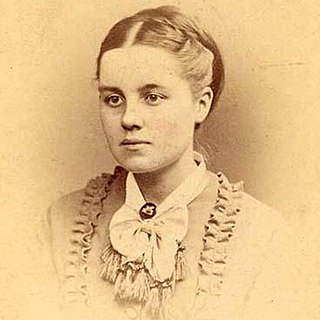 W
WHelen Magill White was an American academic and instructor. She was the first woman to earn a Ph.D. in the United States.